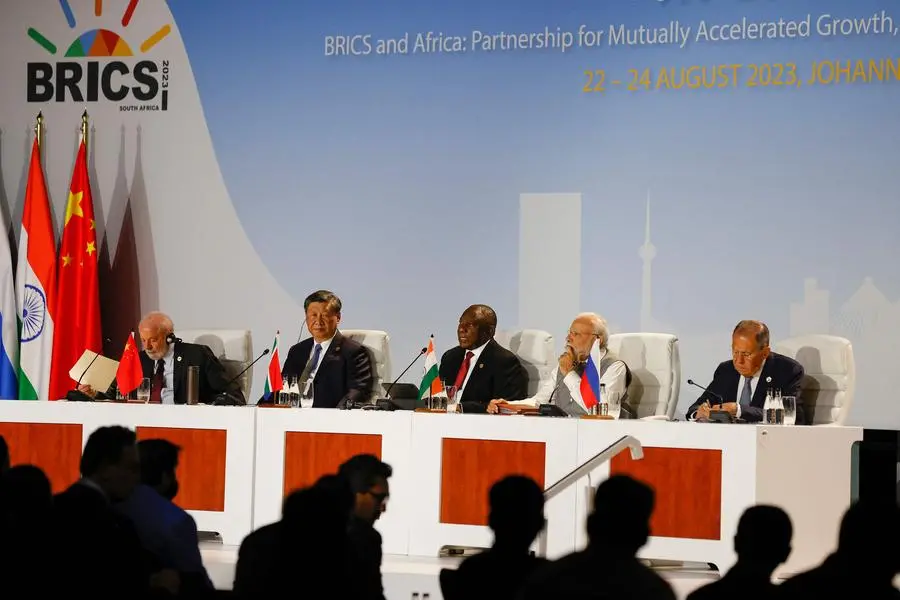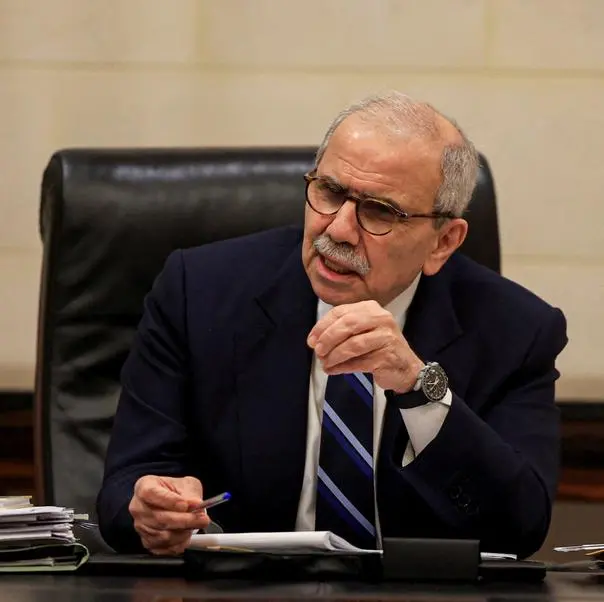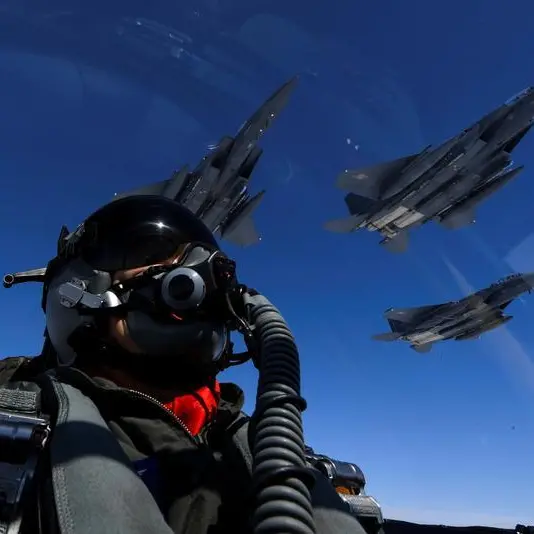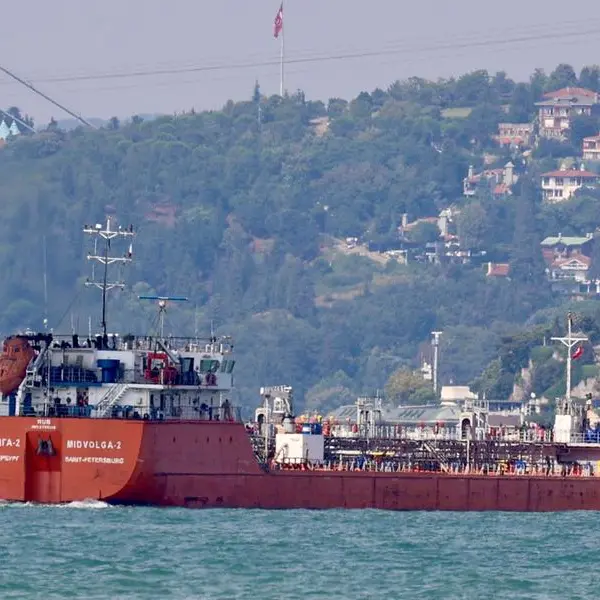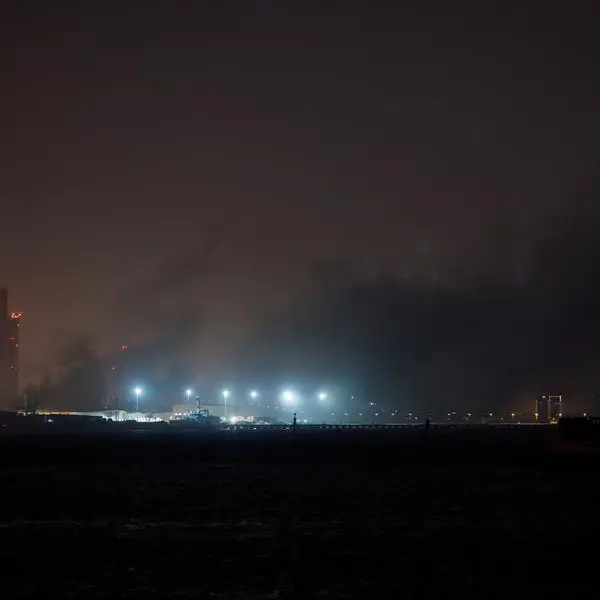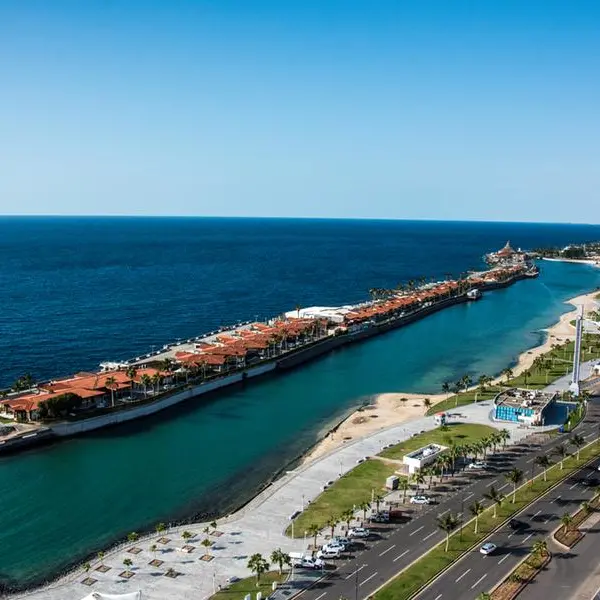PHOTO
South Africa's President Cyril Ramaphosa said that Argentina, Egypt, Ethiopia, Iran, Saudi Arabia, and the UAE have been invited to become full members of BRICS.
Ramaphosa, who is hosting a summit of BRICS leaders, announced on Thursday that the new candidates would be admitted as members on January 1, 2024.
"We have consensus for the first phase of this expansion process and other phases will follow. We have decided to invite the Argentine Republic, the Arab Republic of Egypt, the Federal Democratic Republic of Ethiopia, the United Arab Emirates, Islamic Republic of Iran, and the Kingdom of Saudi Arabia to become full member of BRICS and the membership will take effect from January 1, 2024," Ramaphosa said.
Sheikh Mohamed bin Zayed Al Nahyan, President of the UAE and the ruler of Abu Dhabi, said in a tweet: "We respect the vision of the BRICS leadership and appreciate the inclusion of the UAE as a member to this important group. We look forward to a continued commitment of cooperation for the prosperity, dignity and benefit of all nations and people around the world."
China's President Xi Jinping congratulated the new BRICS member countries saying their inclusion was "historic" announced in a joint declaration by the existing five-member nations at the conclusion of their summit in Johannesburg.
BRICS is a grouping of Brazil, Russia, India, China, and South Africa. It started as an informal group in 2009 to provide a platform for its members to challenge a world order dominated mainly by the US.
"We will remain open to new candidates," Brazilian President Luiz Inacio Lula da Silva said at a news conference held in Johannesburg, South Africa.
he heads of state and government of the member nations meet annually with each nation taking up a one-year rotating chairmanship of the group.
The BRICS states have set up the New Development Bank, formerly referred to as the BRICS Development Bank.
The main agenda of the BRICS summit at Johannesburg include reducing reliance on the US dollar and promoting a more multipolar international financial system.
Dilma Rousseff, President of the New Development Bank, said the bank plans to begin lending in the South African and Brazilian currencies to reduce reliance on the dollar, the Financial Times reported.
“We expect to lend between $8 billion to $10 billion this year. Our aim is to reach about 30 per cent of everything we lend . . . in local currency," the Financial Times quoted Rousseff as saying.
(Reporting by Seban Scaria; editing by Brinda Darasha)
(seban.scaria@lseg.com)
